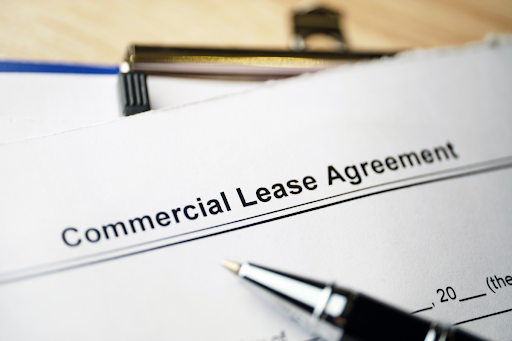
A landlord may wish to sell a leased premises, or the property in which they are contained, unfettered by an existing lease. The landlord’s motivation may alternatively relate to a proposed new tenant. In some cases, extensive renovations are required to be made, either to satisfy the needs of another existing or proposed tenant, or to bring a building up-to-date, in circumstances where this cannot be done without substantial interference with an existing tenant’s use and enjoyment.
Real estate law is complicated and difficult to navigate, and when it comes to commercial leases, most people do not know where they stand. Your situation may differ greatly from another commercial tenant, depending on the individual lease agreement that was signed. It is always advisable to speak to a lawyer in order to fully understand your rights as a commercial tenant dealing with a decline in business or eviction due to renovation, redevelopment, or demolition.
Residential vs. Commercial
When a landlord wishes to end a residential tenancy in order to renovate or redevelop, they need to ensure that they have all of the proper permits and approvals as required by law in order to do so and any changes to the property must be in accordance with the relevant strata bylaws if the property in question is part of a strata. The landlord is required to supply the tenant with proper notice after the appropriate permits and approvals have been acquired. Furthermore, a residential tenant is afforded certain protections under the Residential Tenancy Act (RTA). If a landlord fails to follow the proper procedure, a residential tenant can avail themselves of robust dispute resolution services through the Residential Tenancy Branch.
Commercial tenancy agreements do not always have the same hard and fast rules as residential tenancy agreements, which can leave commercial tenants more vulnerable to being displaced due to renovation, redevelopment, and demolition.
Protecting Commercial Tenants
The best way to protect your rights as a commercial tenant is to ensure that your lease agreement stipulates the exact procedure the landlord will go through should they want to terminate the lease in order to remodel or redevelop the building. This will prevent any nasty surprises and ensure that you are treated well in the event that a landlord wishes to terminate your commercial lease.
Hire a Commercial Tenancy Lawyer
The rules and statutes applied to real estate and commercial leasing matters can be quite technical, and while many businesspeople are often tempted to try to use “self-help” methods to try to resolve disputes, in some cases this can make matters worse. It is always advisable to seek legal advice if you find yourself in a real estate or commercial leasing dispute. At Hoogbruin & Company, our lawyers have extensive experience dealing with disputes involving the determination of rent review and renewal clauses through arbitration proceedings, the exercise or defence of remedies for lease defaults, the termination of a lease, an action for recovery of rent arrears or damages, or proceedings seeking relief from forfeiture of a lease. We would be pleased to discuss your leasing issue with you. For a initial consultation on commercial leasing issues, please contact Arsen Krekovic
